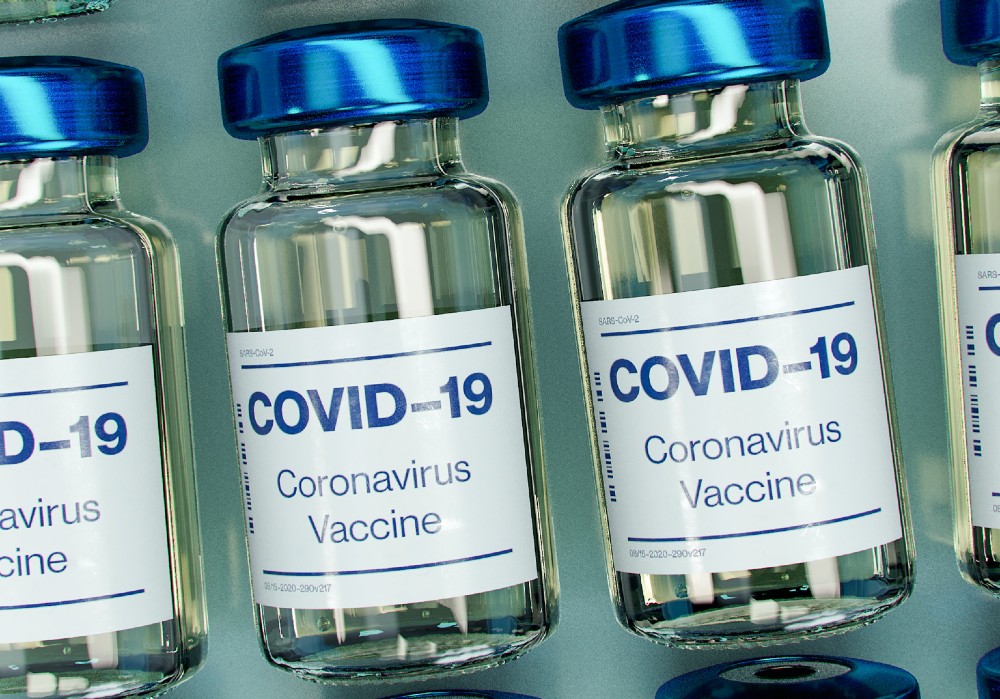A TEAM of international scientists has identified key cellular factors that are crucial for the infection of SARS-CoV-2, the virus that causes COVID-19.
The study was led by the Universities of Glasgow and Oxford and the Rosalind Franklin Institute and published in Molecular Cell.
It provides crucial new insights into the SARS-CoV-2 life cycle, revealing new pathways to target the virus within host cells and leading the way for potential new treatment options as we move into the next phase of the pandemic.

By identifying key cellular proteins that play a critical role in promoting or restricting virus infections, the researchers believe that it will be possible to develop novel antiviral treatments or repurpose available drugs.
In the study, the scientists looked at the viral RNA, the molecule that is “at the heart” of the life cycle of viruses like SARS-CoV-2.
The researchers developed a pioneering approach to specifically identify the different proteins that interact with SARS-CoV-2 RNA in lung epithelium cell lines.
The authors show that these proteins are fundamental for SARS-CoV-2 infection and that many of which have great potential for new therapeutic approaches against COVID-19, possibly using commercially available drugs.

Dr Alfredo Castello, from the University’s Centre for Virus Research (CVR) said: “We are extremely excited by our findings.
“With just the first available inhibitor we tested in cell models, we were able to inhibit the virus replication, so the possibility for new treatment options is positive.
“Moreover, in parallel studies we found that many of these proteins also participate in the infection of other RNA viruses, so there is potential for discovering treatments with broad-range of action and that could be ready should a new coronavirus emerge.
“We hope the study paves the way to identify the best potential therapeutic targets.
“As we move into the next stage of the pandemic, developing treatment options that can work against new variants is a priority.
“We believe that we can do so by targeting the host cell instead the virus.
“Such therapies would not be only important to treat vaccine-scaping variants, but may have also potential for new coronaviruses that may arise in the future.”
“The next stage would be to continue the characterisation of these critical host-virus interactions; identify the best potential target for treatment; and in future study how they work in animal models.”
Professor Shabaz Mohammed, the Rosalind Franklin Institute and University of Oxford, said: “The concept behind this research is that viral RNA essentially hijacks the human cell’s RNA-binding proteins and manipulates them into misbehaving, allowing the virus to spread and thrive.
“We have been working together as a team for about six years on this idea and saw at the outset of the pandemic that it could be applied to SARS-CoV-2.”

